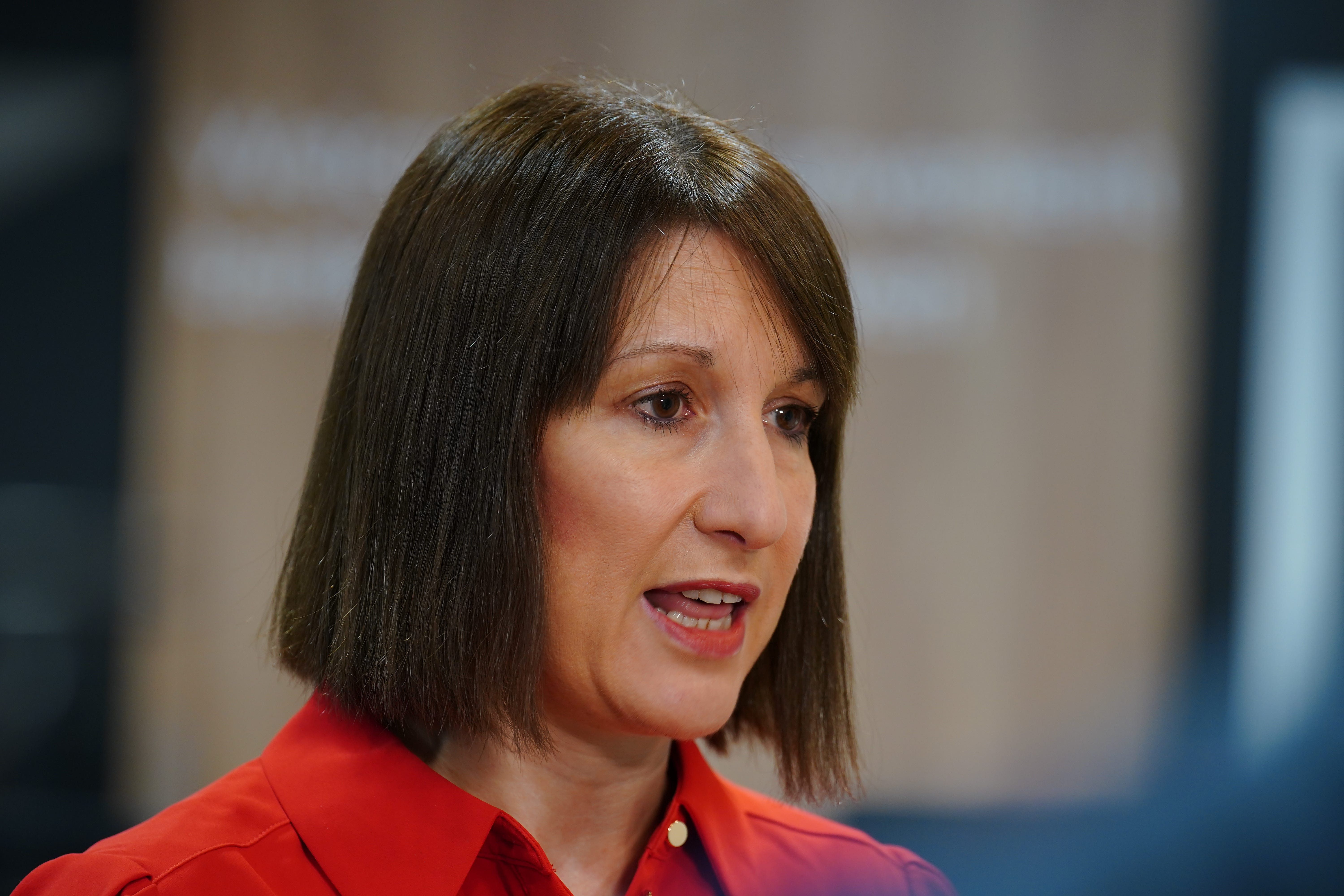The Financial Conduct Authority has warned that a push to ease restrictions on mortgage lending could see the number of home repossessions double.
Watchdog chief executive Nikhil Rathi told MPs during a committee hearing this week that any move to make borrowing easier for first time buyers could lead to the rise of people ultimately losing their homes.
He asked members of parliament if numbers doubled, “would that be an acceptable outcome here in Parliament, or would you say to us: ‘Why on earth have you let it go up by 100 per cent?’”
It emerged last week that mortgage rules for first time buyers could be relaxed in plans reportedly being studied by regulators as the government looks for ways to grow the economy.
The rules were tightened in the wake of the financial crisis, when borrowers could take on mortgages worth as much as 110 per cent of the value of a home.
Such loose lending was partly blamed for the mess banks found themselves in, with brands like Northern Rock and Bradford & Bingley disappearing from the high street because of their disastrous lending.

Since then, banks have been told to stick to strict affordability criteria, typically only lending four to five times an applicant’s salary and testing what would happen to their finances if rates were to rise sharply. Mortgages that allow borrowing above 90 per cent of a property’s value are now rare and expensive.
Larger debt burdens can be managed by some borrowers, but if earners lose their jobs and house prices fall, the combination of negative equity – the loan being worth more than the house – and an inability to pay the mortgage can spell disaster for both borrowers and banks as borrowers lose their homes to the banks and banks then have to sell them on for a loss.
“When the mortgage charter came in last year, pretty much every major party said keep repossessions down, and we did. That is not consistent with relaxing the lending standards,” Mr Rathi said.
But chancellor Rachel Reeves is keen to gear up economic growth and has urged regulators to “tear down” red tape.
The economy grew by just 0.1 percent in November after shrinking in October and September, figures from the Office for National Statistics released on Thursday said.
The figure was also below the 0.2 per cent rise many economists had expected.
Ms Reeves needs the economy to grow faster in order to be able to pay rising costs for the government’s debts without making cuts or raising taxes.
A larger economy means more tax revenues without raising tax rates or introducing new taxes.







